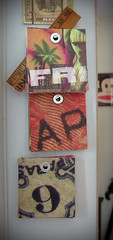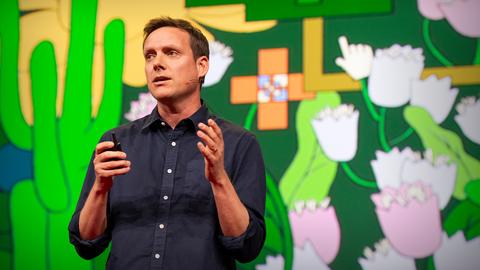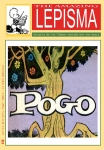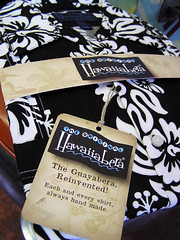
Clear Channel is discussing the idea of one-second radio spots with marketers and media buyers. Blinks are one-second commercials.
The real value of the Blinks, as they are being called, may be in the publicity they can generate. After all, you're already reading an article about them, and the short spots are only in the concept stage.
The radio giant, however, says it didn't think up Blinks as a promotional stunt. "It really is to find new uses of radio for advertisers who are continually asking us to demonstrate that our medium can successfully extend brands, can successfully reach the consumer with touchpoints that are new and surprising" said Jim Cook, senior VP-creative for Clear Channel Radio.
Audio Mnemonics
The Blinks could be used in a number of ways. Clear Channel's Creative Services Group crafted a demonstration spot using the McDonald's jingle, minus the "I'm lovin' it" language, and placed it between one hip-hop song and another. The group also created a Blink for BMW's Mini Cooper with a horn honking and man's voice saying "Mini," and placed it before miniaturized news reports. (Neither marketer has a deal with Clear Channel for Blinks.) Other audio mnemonics that could use Blinks are the Intel chime and the NBC bells.
Jim Gaither, director-broadcast at Richards Group, has been in conversation with Clear Channel about three-second spots. "It's not building a brand; it's refreshing a brand," he said, adding: "You can't use a one-second campaign for something that generally has not been advertised before."
Frequency Needed
You also need frequency, because if you just hear a sound and nothing else, the message is going to have to be driven into the consumer, Mr. Gaither said. It's also best suited to a marketer's core customer, because those are the people for whom the Blink will have the most impact, he said. Mr. Gaither said he doesn't think he has a marketer at the moment that perfectly fits the bill.
But would marketers want to be so brief? Andrew Goldstein, instructor of a broadcast-media-writing course at the Miami Ad School and a copywriter at Zimmerman Advertising, isn't convinced national advertisers would want a sound effect thrown into the programming. "You're not going to know it's connected to the brand, and it's going to lose its value," he said.
Lauren Russo, managing director-local radio at Horizon Media, said, "I can't see any advertiser, any agency paying for a spot that's one second." If Clear Channel came to her to buy the ads, she wouldn't be interested. "If they want to throw it in at no charge, I don't think we would say no," she said, but, "I just don't see how you can communicate anything in that little time period." Clear Channel said it hasn't decided on pricing and package information, but Mr. Gaither estimates that the time may be sold at a 200% to 300% increase on what one-thirtieth of a 30-second spot might cost.
Hard To Verify
And when it comes to verifying that the spot ran, there could be a problem. TNS Media Intelligence can track broadcast spots that are five-seconds or more in length, with the possibility of tracking three-second spots with some development, said Richard Radzik, VP-broadcast verification services at TNS Media Intelligence.
In the late 1990s, Cramer-Krasselt, a Chicago-based independent ad agency, did a one-second TV spot for Master Lock in which a padlock is shot with a bullet in front of a bull's-eye. The image of a high-powered rifle shooting through a Master Lock padlock had been on the Super Bowl for many years and was an icon before the one-second spot aired.
The media buy was small, as most major networks weren't equipped to handle a one-second ad, but the PR and publicity were worth millions of dollars, said John Melamed, exec VP at Cramer-Krasselt.
The big PR boon, however, may be for Clear Channel. "This is a way for Clear Channel to get more news," Mr. Gaither said. "I don't think you're going to see any kind of mass exodus from traditional 30- and 60-second radio advertising to people doing one-second spots. You're going to get a dozen people that it makes a lot of sense for ... and we'll call it a day, and Clear Channel will be the ones that were out there doing it first."
Thanks to Willow Duttge at Ad Age and SharkThang.
That's Right,
HMK



























































